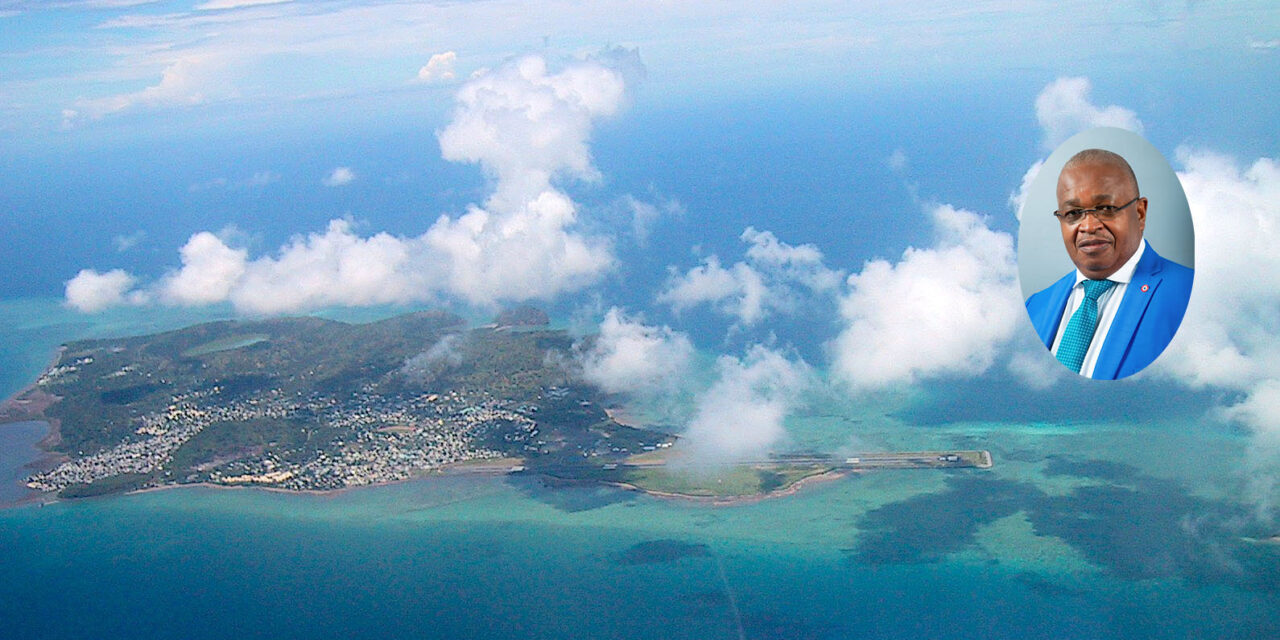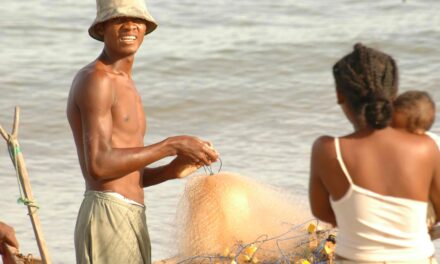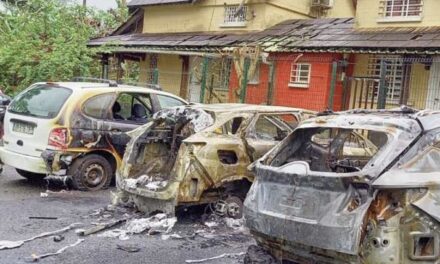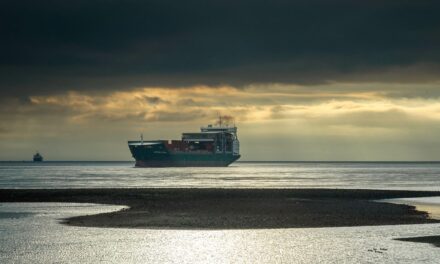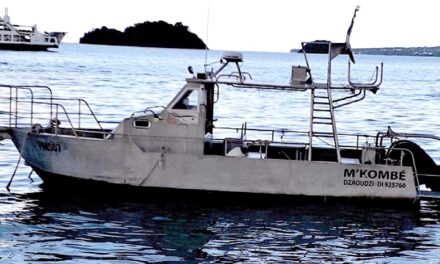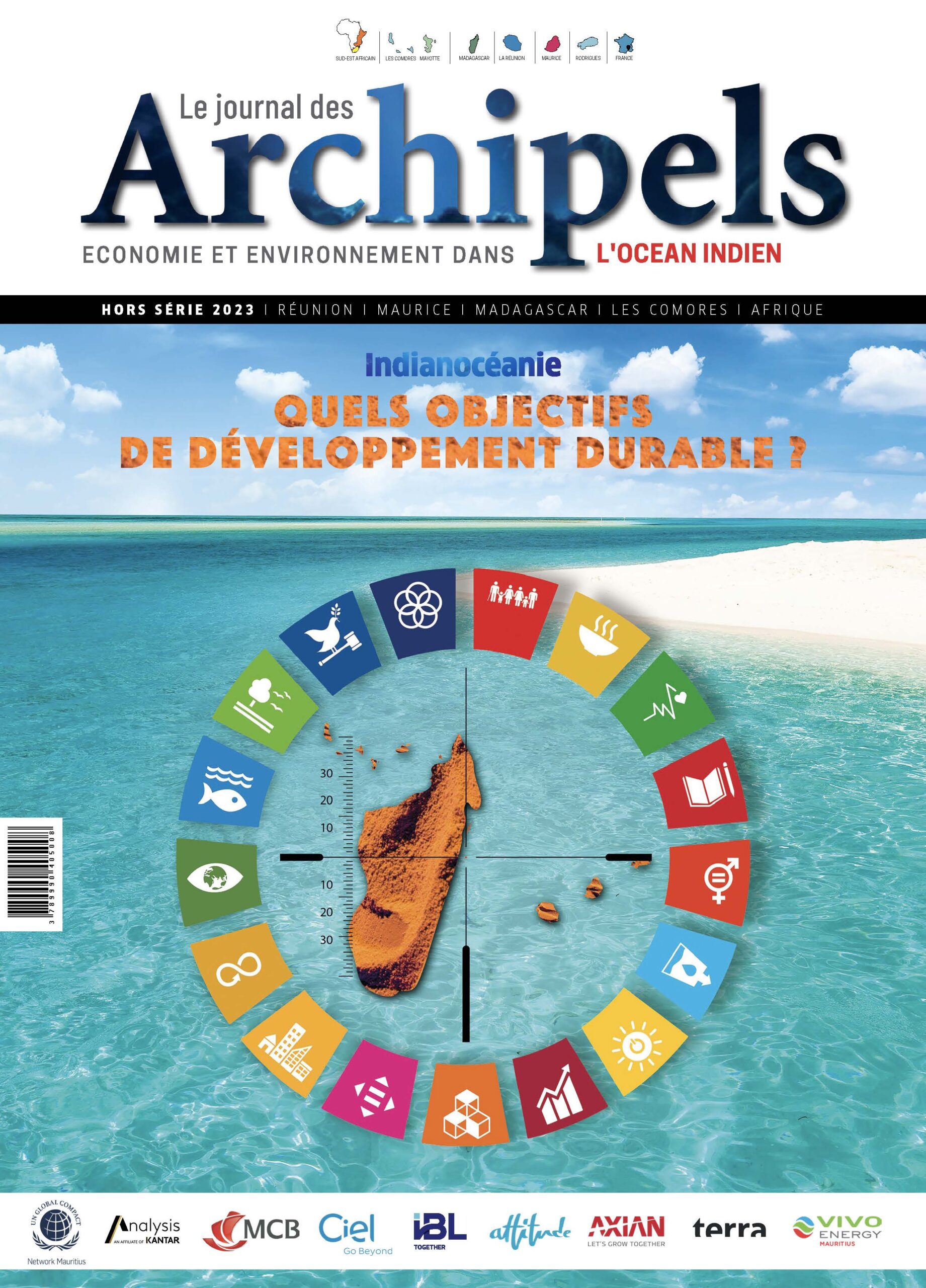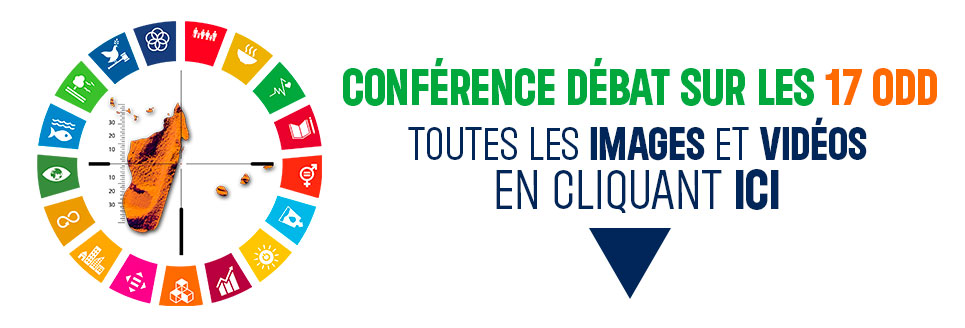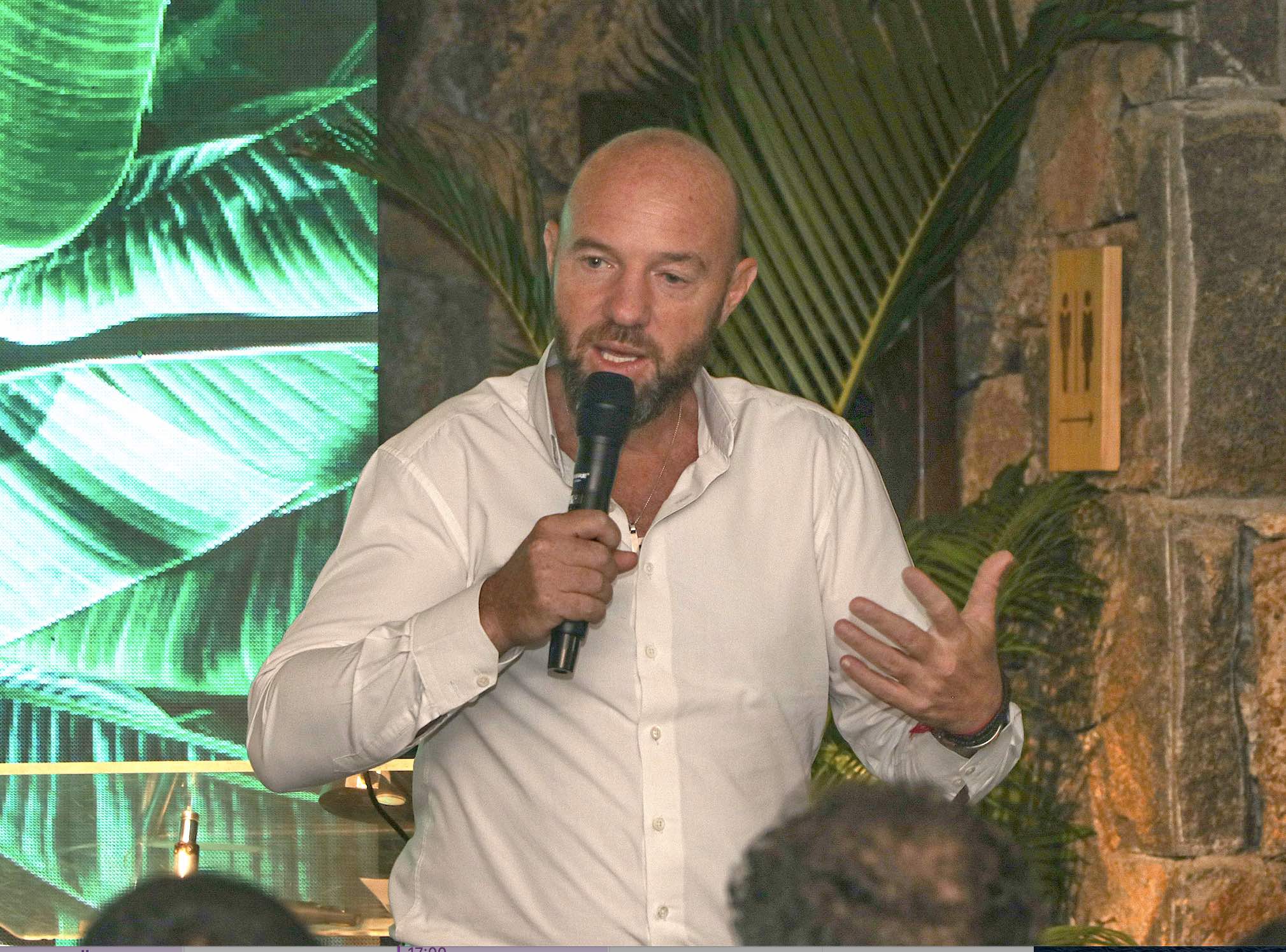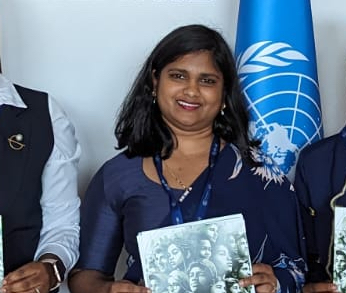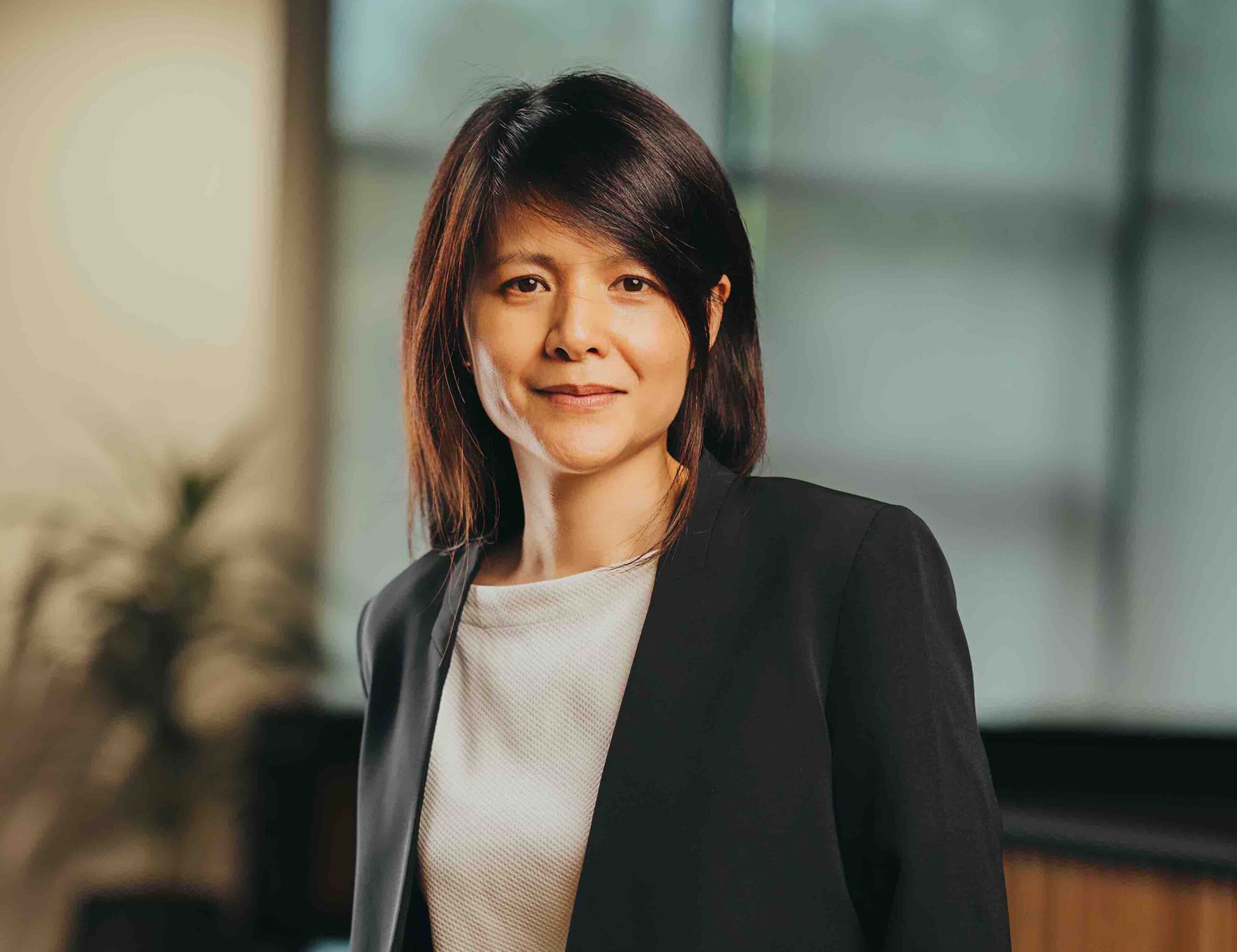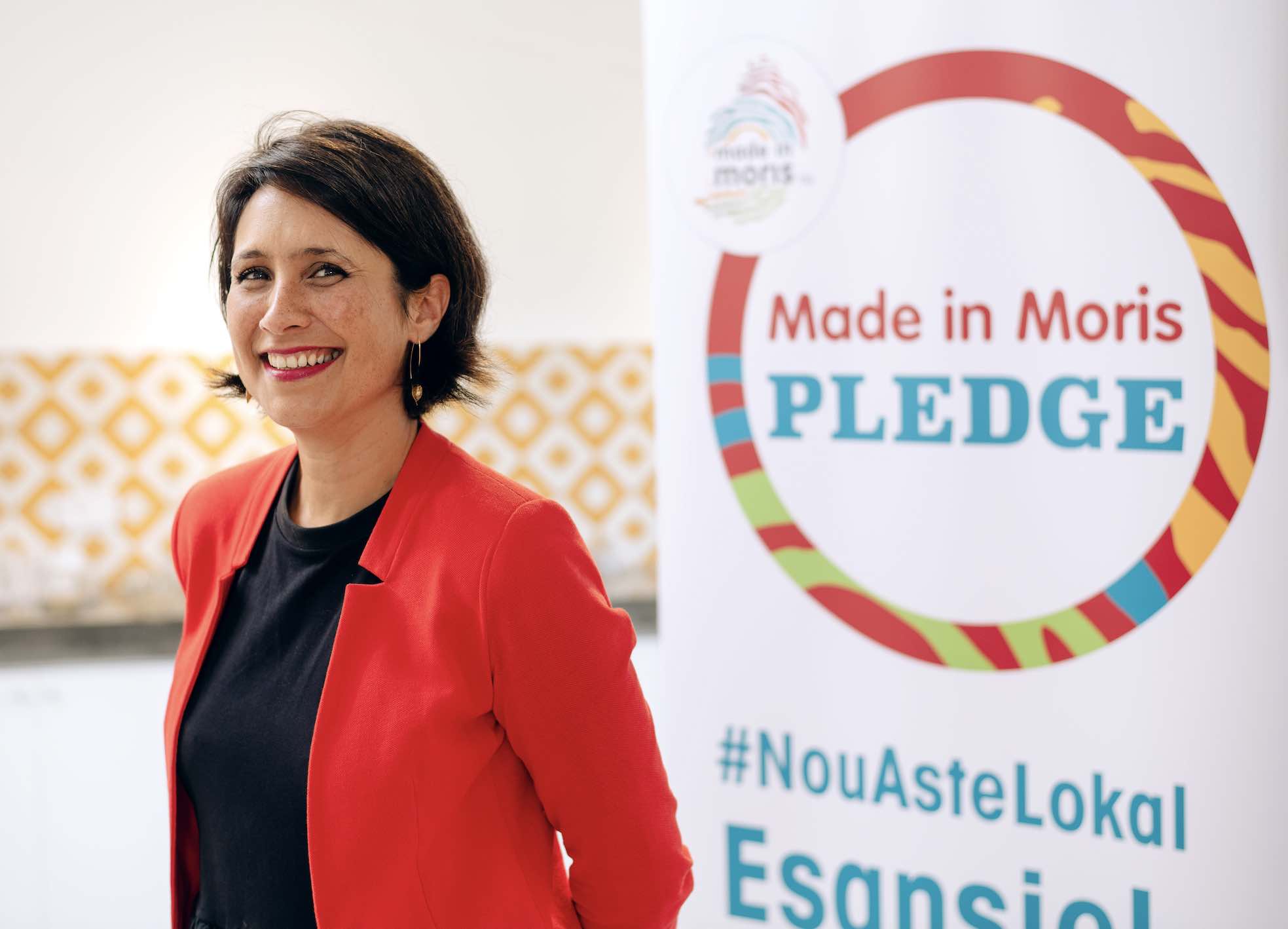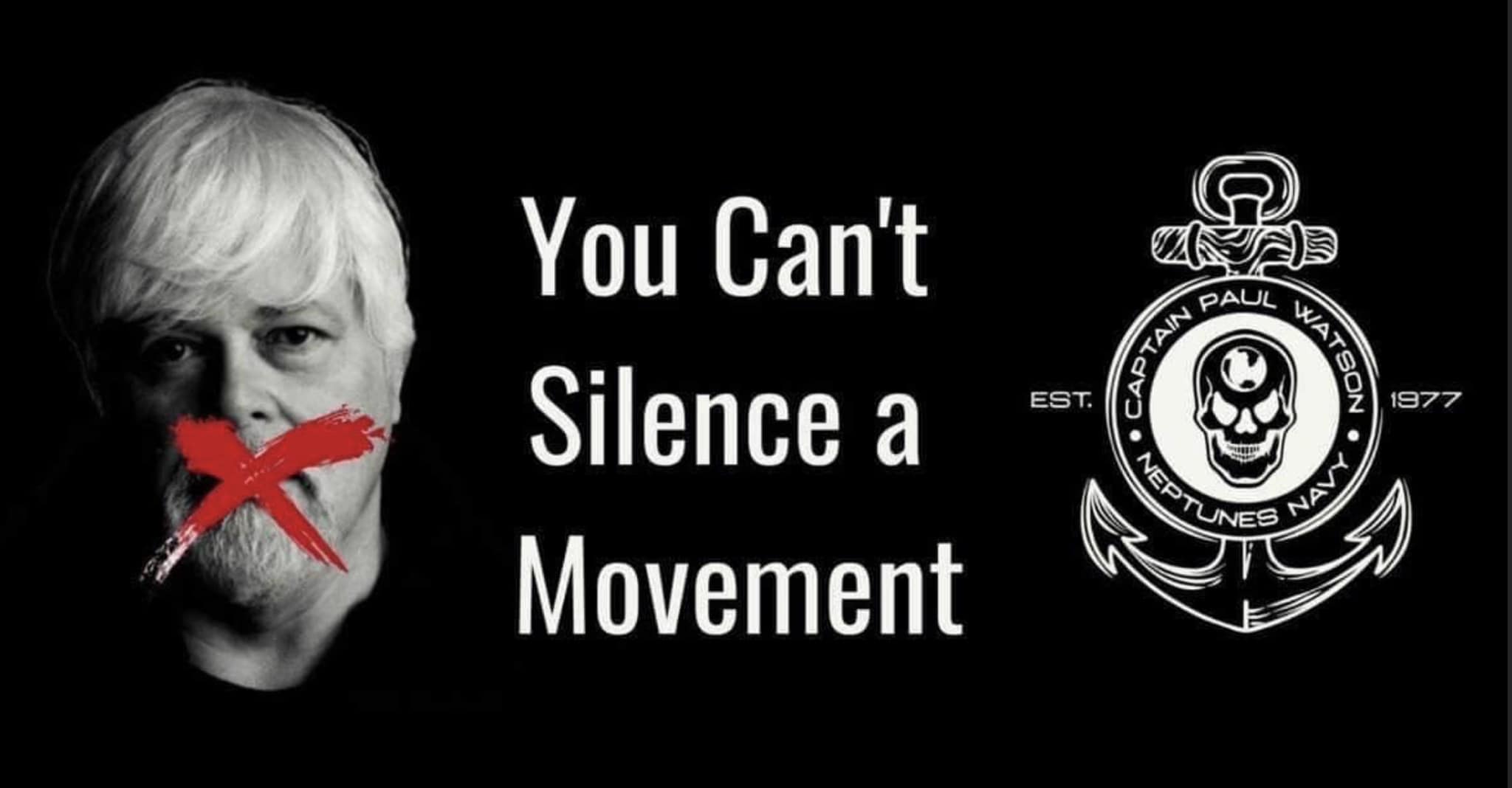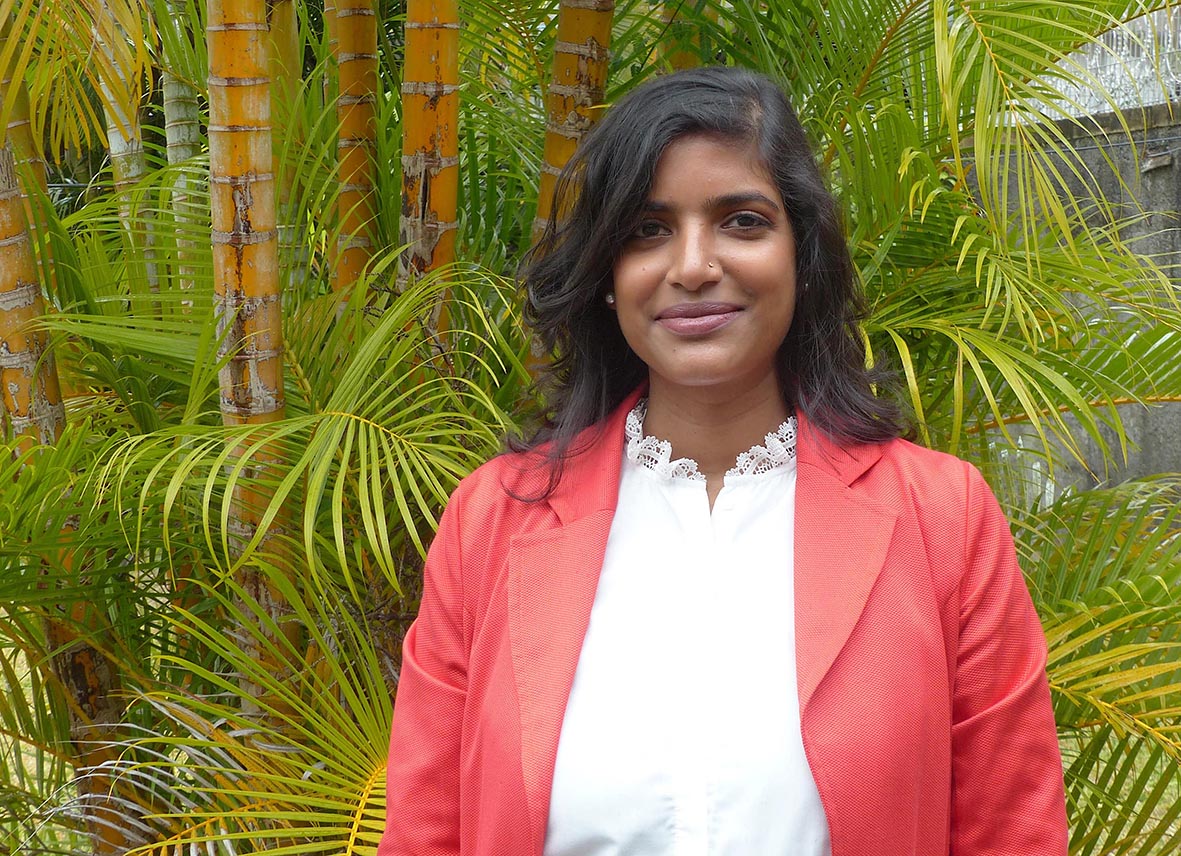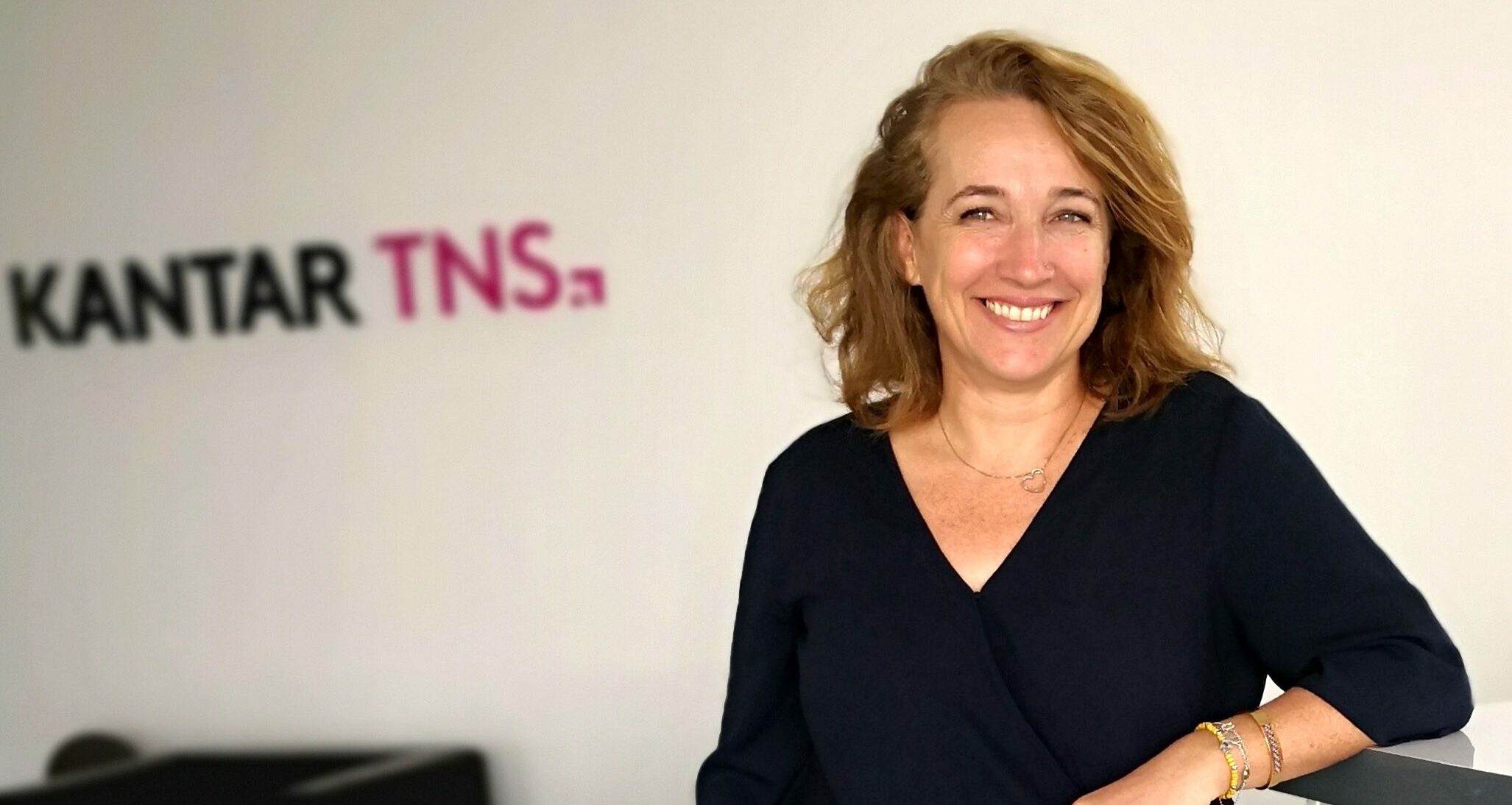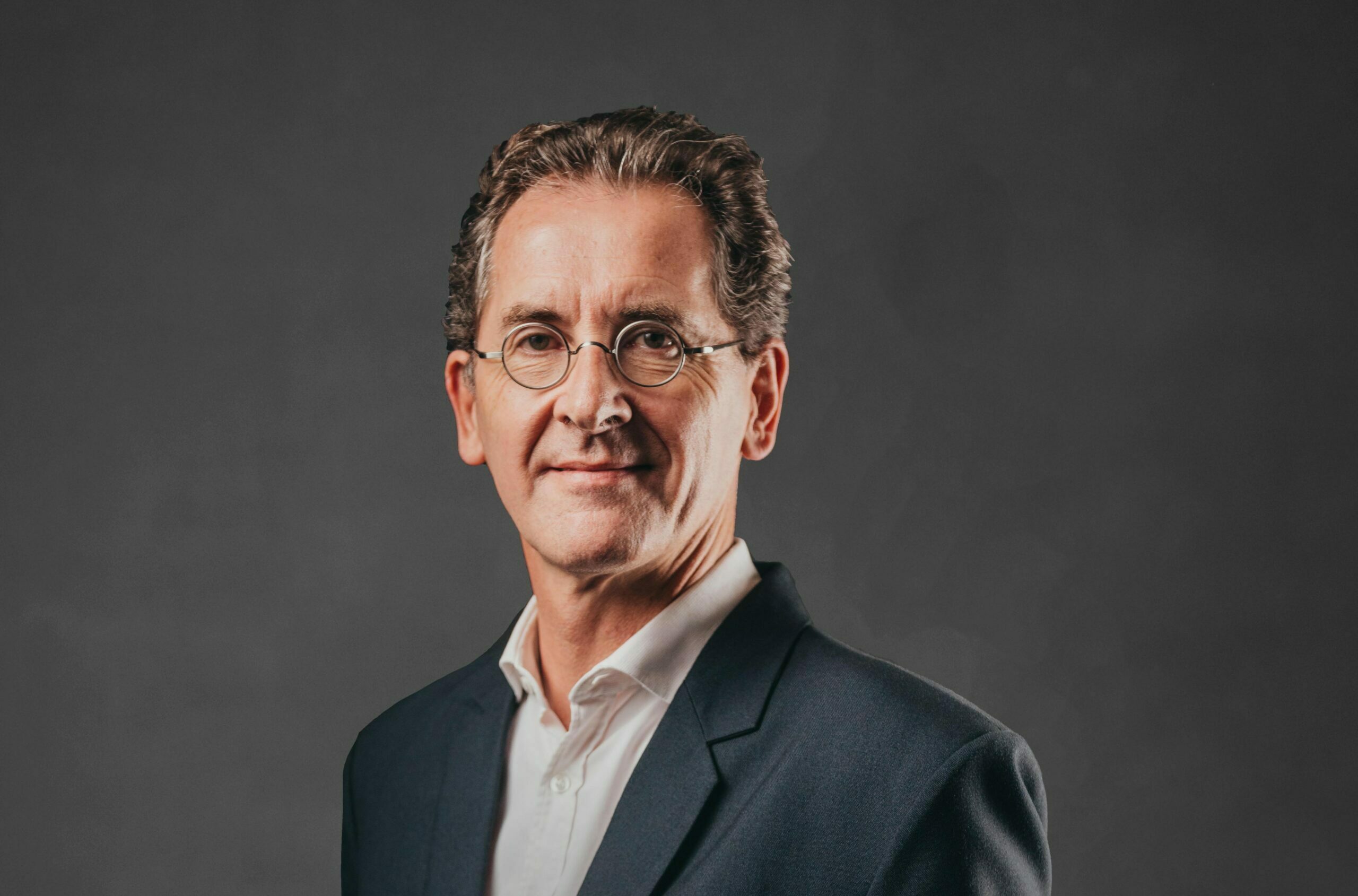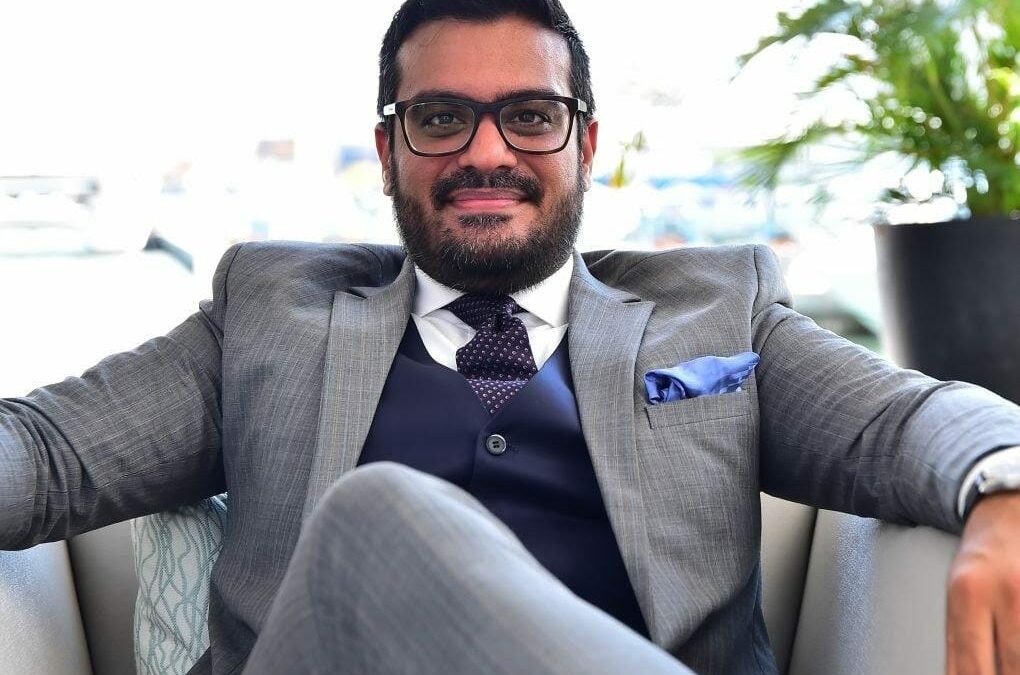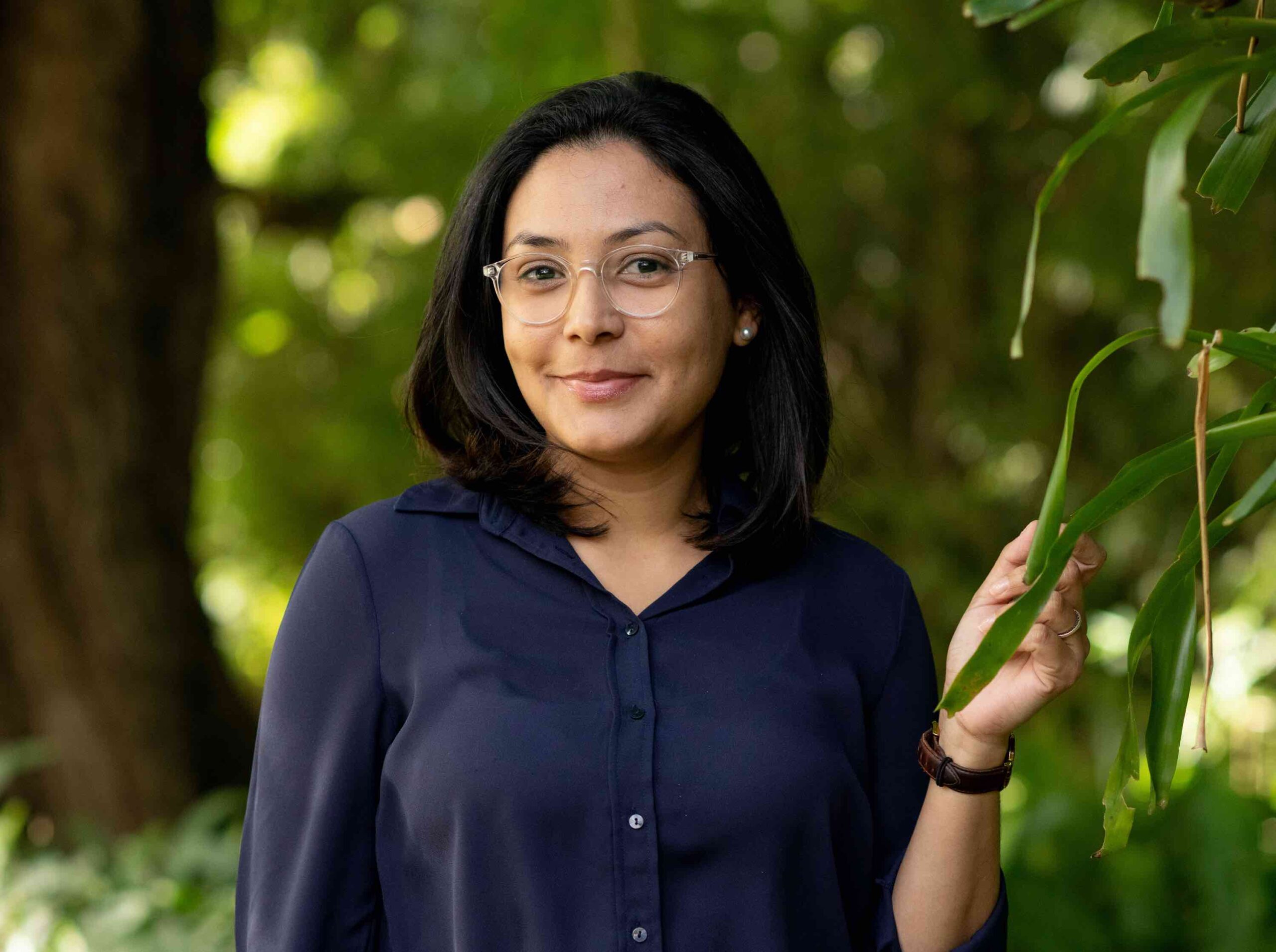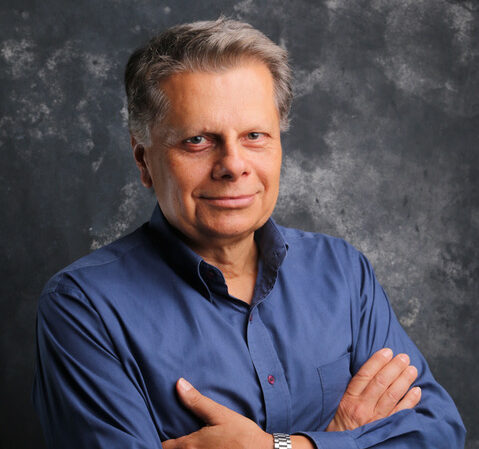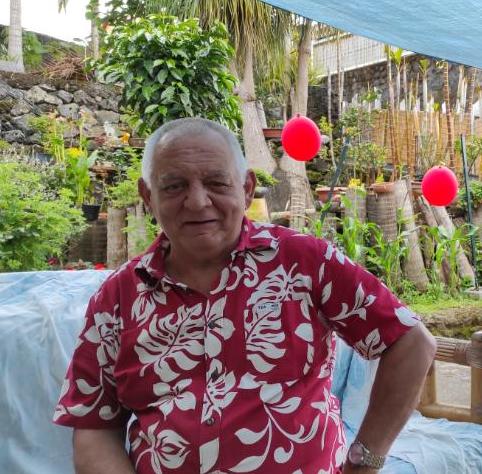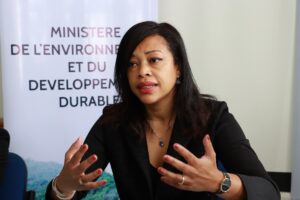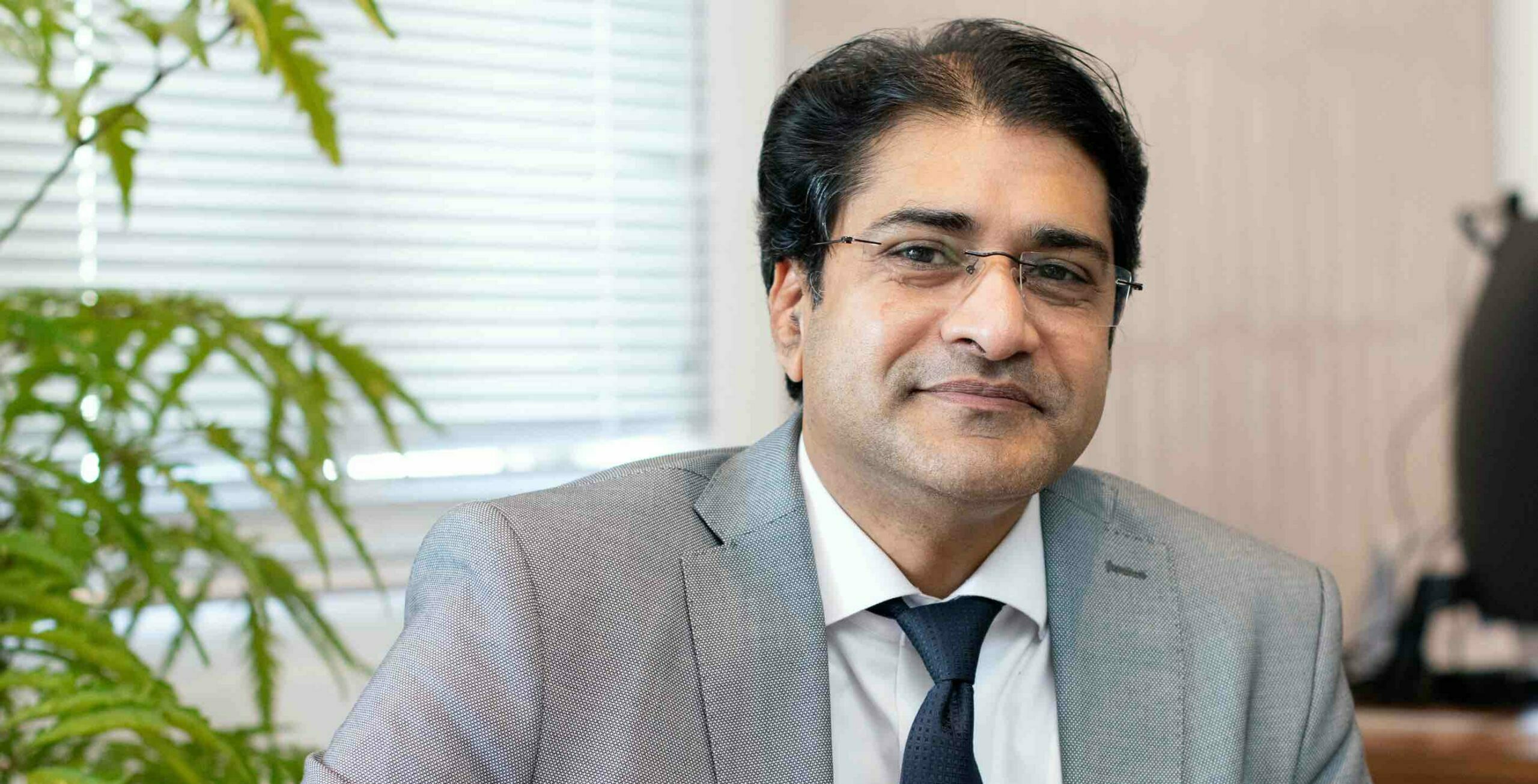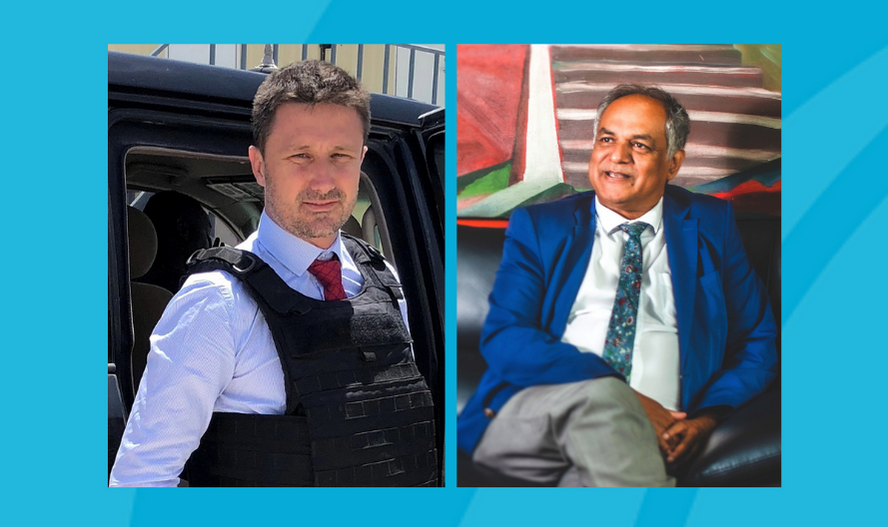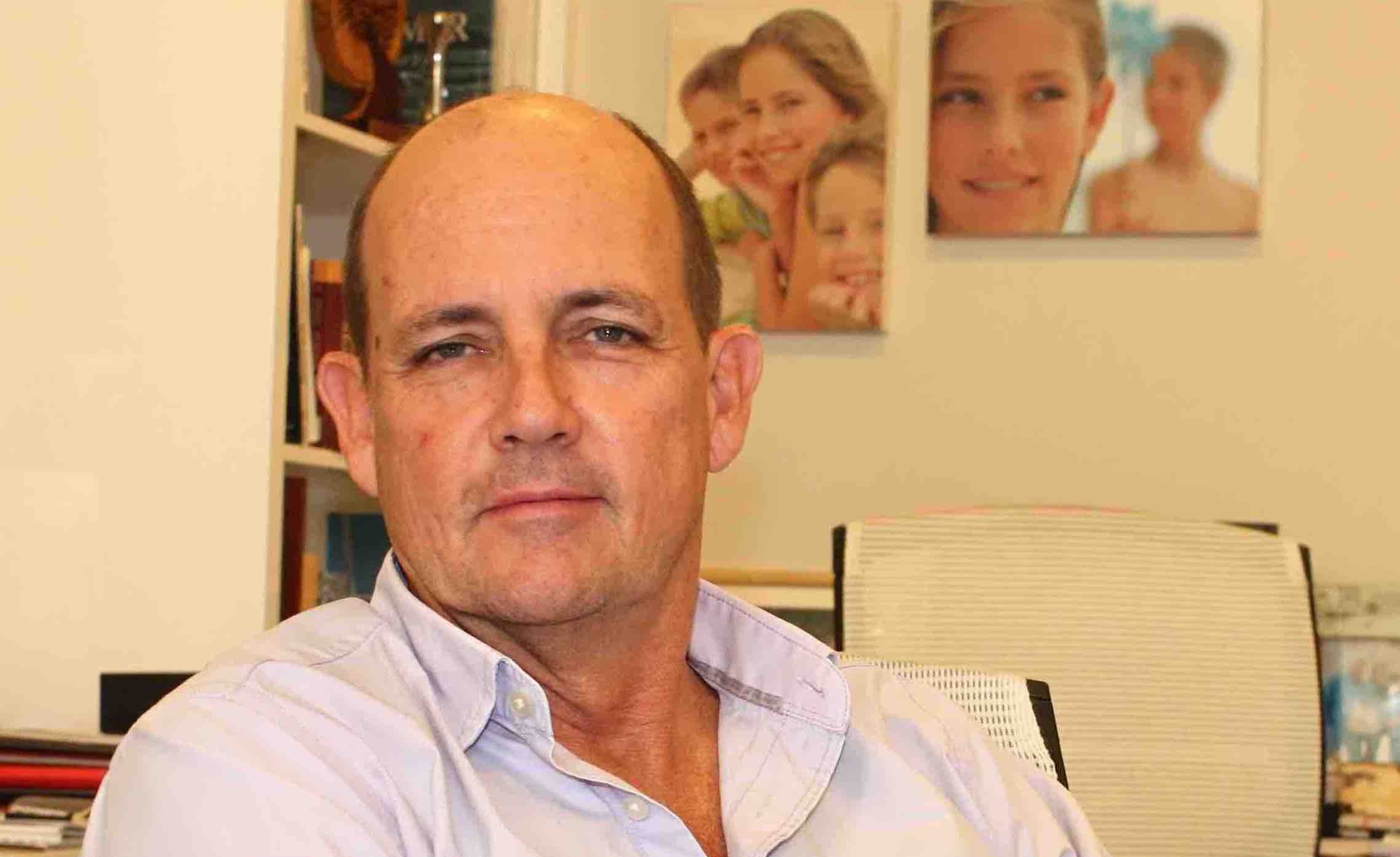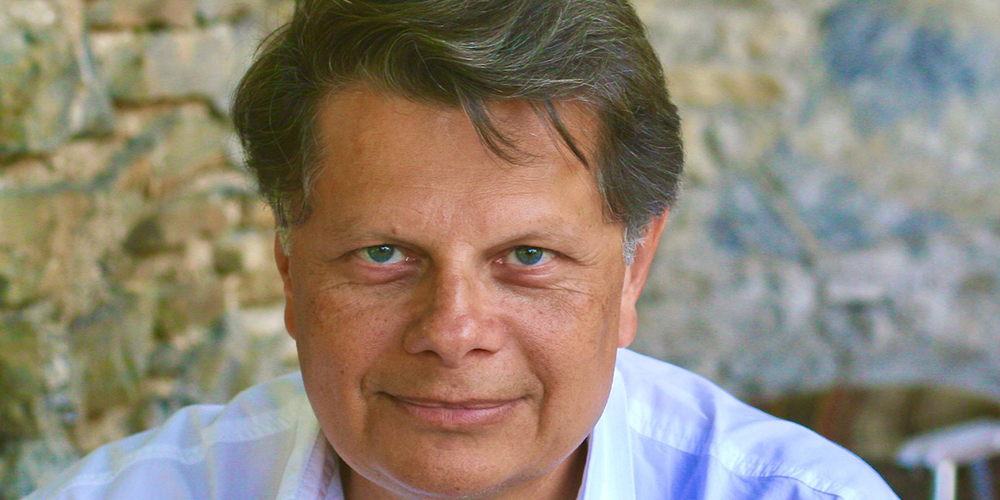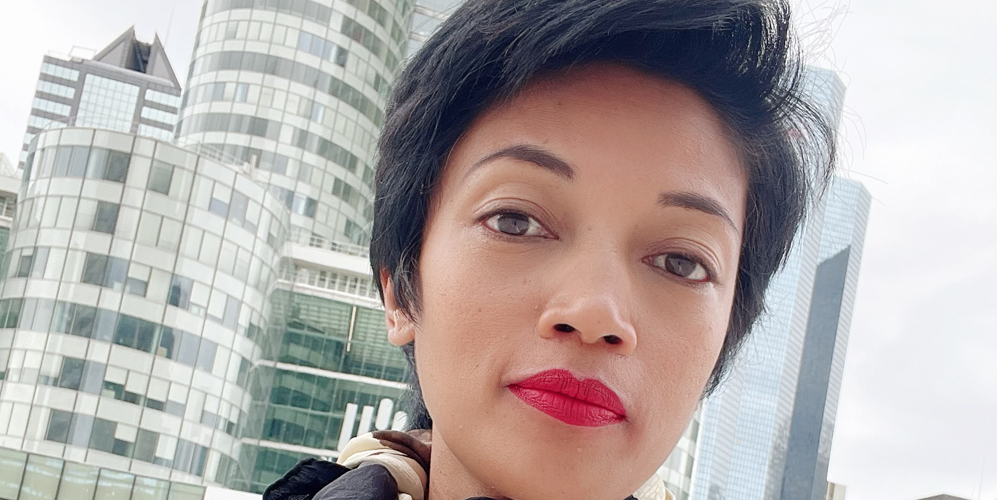Deputy Mansour Kamardine (inset).
The idea of a programme law for Mayotte was born out of the creativity of the Moroccan spirit with the 101 proposals of the 2018 collective, relayed by Deputy Kamardine in 2019 in the National Assembly.
He proposed a co-construction of a programme law project, which led the delegate to criss-cross the territory to gather proposals from the field and local actors. At the time when this journey has come to an end and the government representative is preparing to send his summaries to the Minister for Overseas France, he has just reminded us, in a tribune, what the expectations and hopes of the Mahorais are. If the document takes into account all the economic and social aspects of the department, it highlights what complicates any prospect of development: the extreme urgency being social equality. This is why it proposes, on the one hand, to deal with the whole of the social equality aspect by means of an ordinance, by the end of 2021, by taking it out of the programme law, in order to accelerate its implementation. On the other hand, to integrate an “environmental preservation” section and a “regional development and cultural influence” section into the draft programme law.
Their main proposals are as follows:
– The integration of an “environmental preservation” section and a “regional development and cultural influence” section in the programme law;
– Financial aid to households for access to drinking water supply and sanitation networks, given the very high costs of connections;
– Financial aid for individual sanitation in areas that are difficult to connect to collective networks;
– The implementation of an energy transition policy geared towards solar energy and clean energies, in order to preserve our environment;
– The implementation of an energy transition policy focused on solar and clean energy to preserve our environment;
– The reinforced fight against precarious housing and the systematic fight against illegal housing in urban and rural areas;
– The generalisation of access to the sanitation network for all villages;
– The construction of a specific network for the collection and treatment of runoff water to preserve the lagoon;
– The reforestation of degraded natural areas;
– The limitation of the importation of vehicles with old standards and pesticides;
– The development of the Maori culture with the creation of an Institute of the Maori languages and culture;
– The creation of a pole “culture and civilization of East Africa” within the CUFR.


